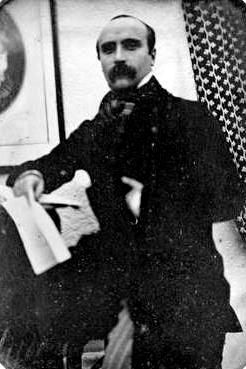Art Trials
Almost immediately after publication, Flaubert was charged with outrage à la morale publique et religieuse et aux bonnes moeurs, or insulting public and religious morality. The problem? The book suggested that the titular character might have had reasons—a cloddish husband, for one—to disregard her marriage vows.
By early 1857, Flaubert was hauled into court on obscenity charges by imperial prosecutor Ernest Pinard, an unpopular bureaucrat among artists (he later went after the Modernist poet Charles Baudelaire). The case looked grim, but Flaubert hired Jules Sénard, a brilliant defense attorney. Sénard’s defense—since reprinted in most French editions of Madame Bovary—insisted that only through looking at vice could readers be educated about virtue.
THE VERDICT: Not only did the judges buy Sénard’s argument, but the trial brought Flaubert so much publicity that he was able to republish Madame Bovary as a book, which he dedicated to his lawyer.


No comments:
Post a Comment